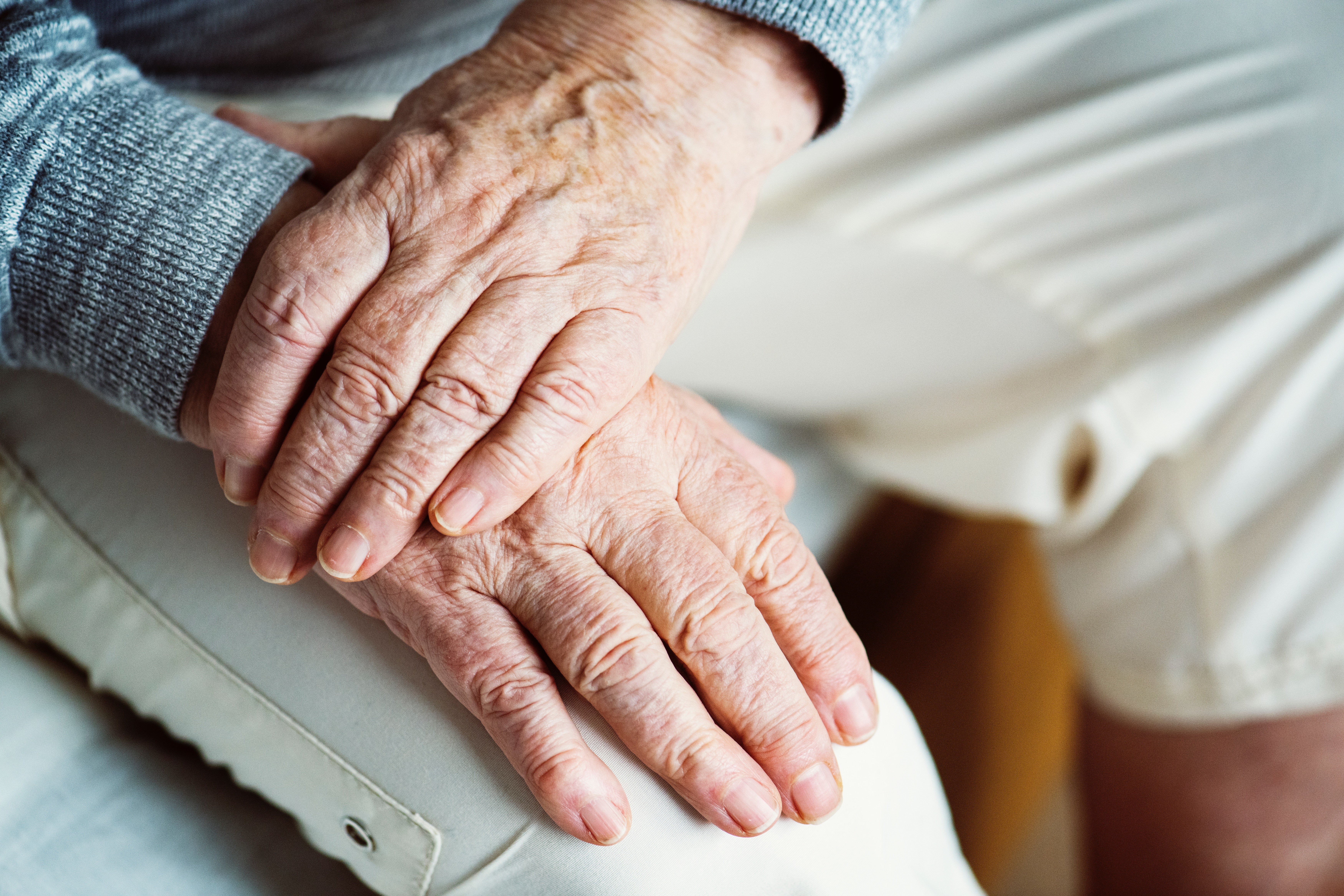The Introduction to Interdisciplinary Teamwork and Geriatrics is an experiential learning program for health profession students. The program is coordinated by Alexandra Morelli and Corinne Calise Russo, MSW, LCSW of the Rhode Island Geriatric Education Center. Established in Fall 2016, this opportunity exposes future healthcare professionals to the core competencies of interprofessional practice as it relates to older adults. Through the program components, students gain experience related to teamwork, communication and roles and responsibilities. Students complete 10-hours of education and training experience, which includes four 1-hour webinars, 4-hours of fieldwork and a 2-hour case-based learning activity. Additionally, students must write a 2-page report of their observational experience and interaction with professional staff and older adults at their field work site. Through the program components, students gain experience related to teamwork, communication and roles and responsibilities.
When asked why the program focuses on geriatrics, Morelli explains: “We think that it is especially important for students to observe interdisciplinary teams in geriatrics because of multiple comorbidities related to aging and interprofessional healthcare is the type of healthcare needed as conditions becomes more complex.
Self-study webinar topics were developed by geriatric experts from University of Rhode Island and Rhode Island College and include: Communication lead by Corinne Russo, Health Literacy developed by Dr. Erica Estus from the College of Pharmacy, Interprofessional Teamwork taught by Dr. Phil Clark of the Department of Gerontology, Geriatric Nutrition by Kerri Rush MS, RD, LDN, CDOE in the Department of Nutrition and Food Sciences, and Normal Aging taught by Dr. Belle Evans from RIC’s College of Nursing and Dr. Patricia Burbank of URI’s College of Nursing. Students gain exposure in how to effectively communicate with healthcare teams and older adults, understand normal aging and age-related changes and effective teamwork. Through the Healthy Literacy webinar students also gain an understanding of different cultural perceptions of health and motivational interviewing strategies to provide optimal care for older adults. Morelli points out how important it is for future health professions to understand varying levels of aging and states, “A lot of students have no idea what aging is. They think everyone that is an older adult will one day need a walker – but that is not always the case!
Through field work experience students gain insight into how older adults experience care in a real-world setting. Field work sites include: Coventry Center, Hope Alzheimer’s Center, PACE Organization of Rhode Island, Rhode Island Mood and Memory Research Institute, CharterCare Provider Group, and more. These wide range of placements give students the opportunity to observe a variety of professions interact in a team and understand different the roles and responsibilities of each health professional. Health professionals at these fieldwork sites range from: nurses, social workers, speech and respiratory therapists, case managers, medical billers, and researchers.
Students also complete a 2-hour case conference lead by Corinne Russo. The case presentation is about an older adult and the appropriate treatment needed to care for this patient based on their medical and social history. The case conference also is open to nursing students in their geriatric clinical rotations. Morelli has received feedback from students that the case-conference helps students identify different roles of each health professional and identify which healthcare professionals to collaborate with based on individual patient needs.
The Introduction to Interdisciplinary Teamwork and Geriatrics is a free program and offered for students both at URI and Rhode Island College. The program is funded through the Geriatrics Workforce Enhancement Program (GWEP). Upon program completion students receive a certificate of training from the Rhode Island Geriatric Education Center (RIGEC). Students from nursing, social work, communicative disorders, healthcare administration, health studies, psychology, and pharmacy have participated.

